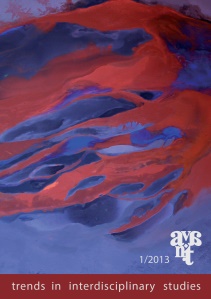The model of counterpoint improvisation and the methods of improvisation in popular music
The scientific work of polyphonic improvisation published in the journal Avant.:
- English version (PDF)
- Avant 1/2013 with the scientific work (pages 417 - 455)
- Direct link to the Avant 2/2013 with the English version (pages 417 - 455)
- Polish version (PDF)
The best ilustration of the counterpoint improvisation method of Adam Fulara is An Introduction to Counterpoint CD of the Full-X.

Abstract
The article consists of two parts. The first, more general, contains a description of the phenomena associated with improvisation, especially guitar, detailing the execution issues facing the improviser. Two points of view are presented: the first, more detailed, describes the elements of music and its importance in the process of improvisation, - more general - speaks of phenomena which cannot be described or analyzed in a simple way, or that are different for each track. These include the interaction between team members, expressing emotions through music and research problem of searching for one's own voice in art. Moreover, this section contains a description of three very different approaches to guitar improvisation. The first is the use of a tonal center (enriched with dominant tensions); the second method (used in fusion music) is to combine the harmony of the composition with relevant scales; the third (typical for bebop music) is based on the strict use of improvised chord sounds without the use of scales.
The second section of the text provides a description of a specific type of polyphonic improvisation with the use of two-handed tapping on the guitar. This model stands in contrast to the three previously described ways of understanding guitar improvisation. The system is based on methods used in both the Renaissance and Baroque polyphony (among others in the leading Cantus Firmus melody or the counterpoint rules) as well as on assumptions of one voice bebop improvisation (the use of leading sound solutions specific to natural foursounds). This description refers back to the first part of the article, grouping issues around the individual elements of a musical work. This section contains notes and observations collected during the eight years the author spent searching for his own musical way.